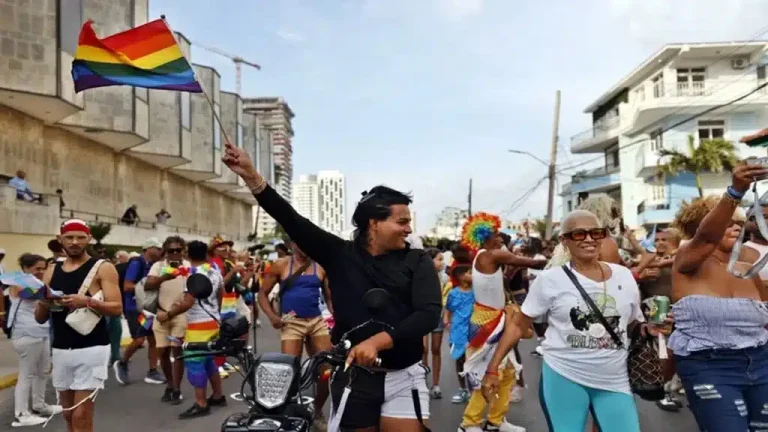Kathmandu Declaration Of The IADL
The 19th Congress of the International Association of Democratic Lawyers (IADL) held in Kathmandu on the theme: “The Role of Democratic Lawyers in Promoting and Defending Peoples’ Rights, Peace and International Law in the Face of Fascism, Genocide, Militarization and Wars of Aggression” has been a vibrant forum for lawyers and jurists from around the world to come together in mutual understanding and collective work towards full implementation of the principles of the United Nations Charter.
Together we reaffirm our commitment to work for a world with peace; without wars, conflicts, oppression or repression, poverty and hunger; and with full respect for justice, equality and human dignity. We reiterate our support for the creation of a just international economic order based on the interest of the whole people and not of the few.











